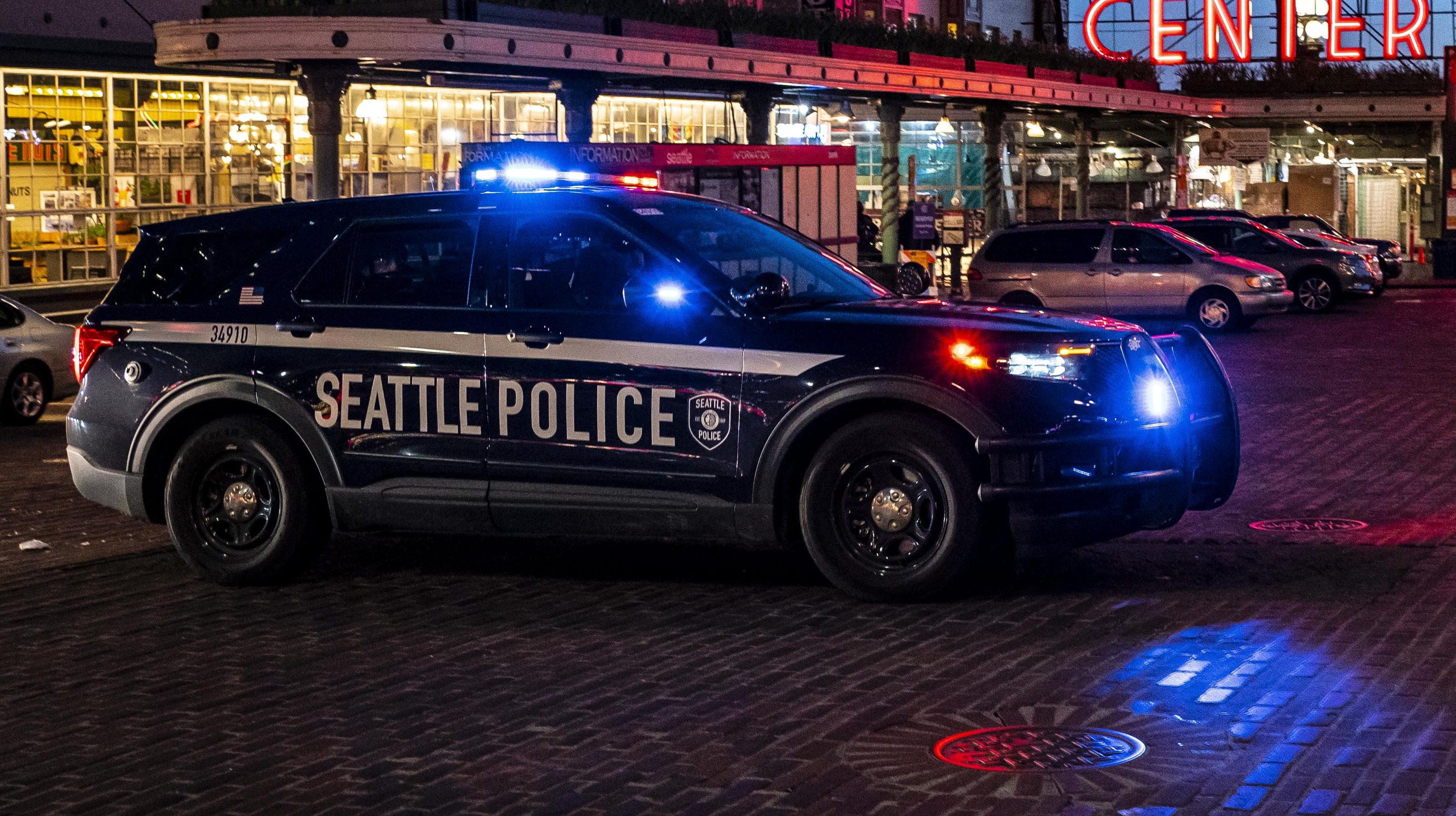The key to the death penalty trial of a man who methodically shot at moviegoers at a Batman movie premiere will be what was going on inside his mind as he threw smoke canisters and then marched up and down the aisles, firing at anyone who tried to flee.
James Holmes acknowledges killing 12 people and wounding 58 more inside the packed theater, but has pleaded not guilty by reason of insanity. His lawyers will argue that he was too addled by mental illness to tell right from wrong.
And unlike most other states, Colorado puts the burden on prosecutors in insanity cases: They must convince jurors beyond a reasonable doubt that Holmes was sane. It adds another obstacle for a state that has already spent millions to manage an outsized number of victims, hundreds of witnesses and more than 85,000 pages of evidence.
Even so, experts say Holmes faces long odds. Insanity defenses are successful in only 25 percent of felony trials nationally, even less so in homicides.
"Lay people tend to think of people with mental illness as extremely dangerous, and that also influences jurors, especially if someone has killed someone," said Christopher Slobogin, a professor of law and psychiatry at Vanderbilt Law School. "Usually there's evidence of intent and planning that seems to be counterintuitive to the lay view of mental illness."
Winning a trial on mental-health grounds is rare, but then again, so is a jury trial for a mass shooter, many of whom are killed by police, kill themselves or plead guilty.
A review of 160 mass shootings found killers went to trial 74 times, and just three were found insane, according to Grant Duwe, a Minnesota corrections official who wrote the book "Mass Murder in the United States: A History."
U.S. & World
Stories that affect your life across the U.S. and around the world.
Just one mass shooter has won a mental-health case in the last two decades, Duwe said: Michael Hayes, who shot nine people, killing four, in North Carolina in 1988.
Based on that, Holmes "faces some pretty long odds," he said.
Holmes was arrested almost immediately, while stripping off his body armor in the parking lot outside the Century 16 movie theater. That he was the shooter who replaced Hollywood violence with real human carnage has never been in doubt. The victims include a 6-year-old girl, two active-duty servicemen, a single mom and an aspiring broadcaster who had survived a mall shooting in Toronto. Several died shielding friends or loved ones.
Nearly three years have passed as trial preparations were stalled by complicated legal debates over capital punishment and insanity pleas.
Prosecutors will argue that the once-promising doctoral candidate in neuroscience plotted and planned for months, amassing guns, ammunition, tear gas grenades and enough chemicals to turn his dingy apartment into a potentially lethal booby trap that could have caused even more carnage.
They'll ask jurors to find him guilty, and if so, sentence him to death rather than life without parole.
If jurors decide instead that Holmes was insane at the time of the shooting, he would be committed indefinitely to a state psychiatric hospital.
Dueling mental health evaluations could factor in their deliberations. Judge Carlos A. Samour Jr. ordered a second exam after prosecutors said the first was biased. Defense attorneys have objected to the results of the second one, suggesting it might not help them.
Like many other details, the results of both exams have been kept from public view. Also secret is the list of people expected to testify.
Holmes faces 166 counts, including first-degree murder, attempted murder and an explosives offense.
The judge read each charge, naming each victim, out loud. It took nearly two hours.
Holmes' trial could take at least four months or more and is sure to be emotionally wrenching. Jury selection alone took nearly three months as attorneys and the judge settled on 12 jurors and 12 alternates from a pool of 9,000. Experts said the jury selection was among the largest and most complex in history, in part because it was so difficult to find people who weren't personally affected by the shooting.
Holmes' parents begged prosecutors to consider a plea deal sparing his life and avoiding a drawn-out trial. But some survivors want Holmes executed, even if that means reliving horrific details.
"My intent to go down there is to see that that guy gets convicted of all 166 counts that were against him," said Tom Sullivan, whose son, Alex, was killed while celebrating his 27th birthday and wedding anniversary.
W. David Hoover wants Holmes executed to avenge the death of his 18-year-old nephew, A.J. Boik.
"It still doesn't bring him back, but we want justice," Hoover said. "Real justice is going to happen when this animal leaves this Earth."



